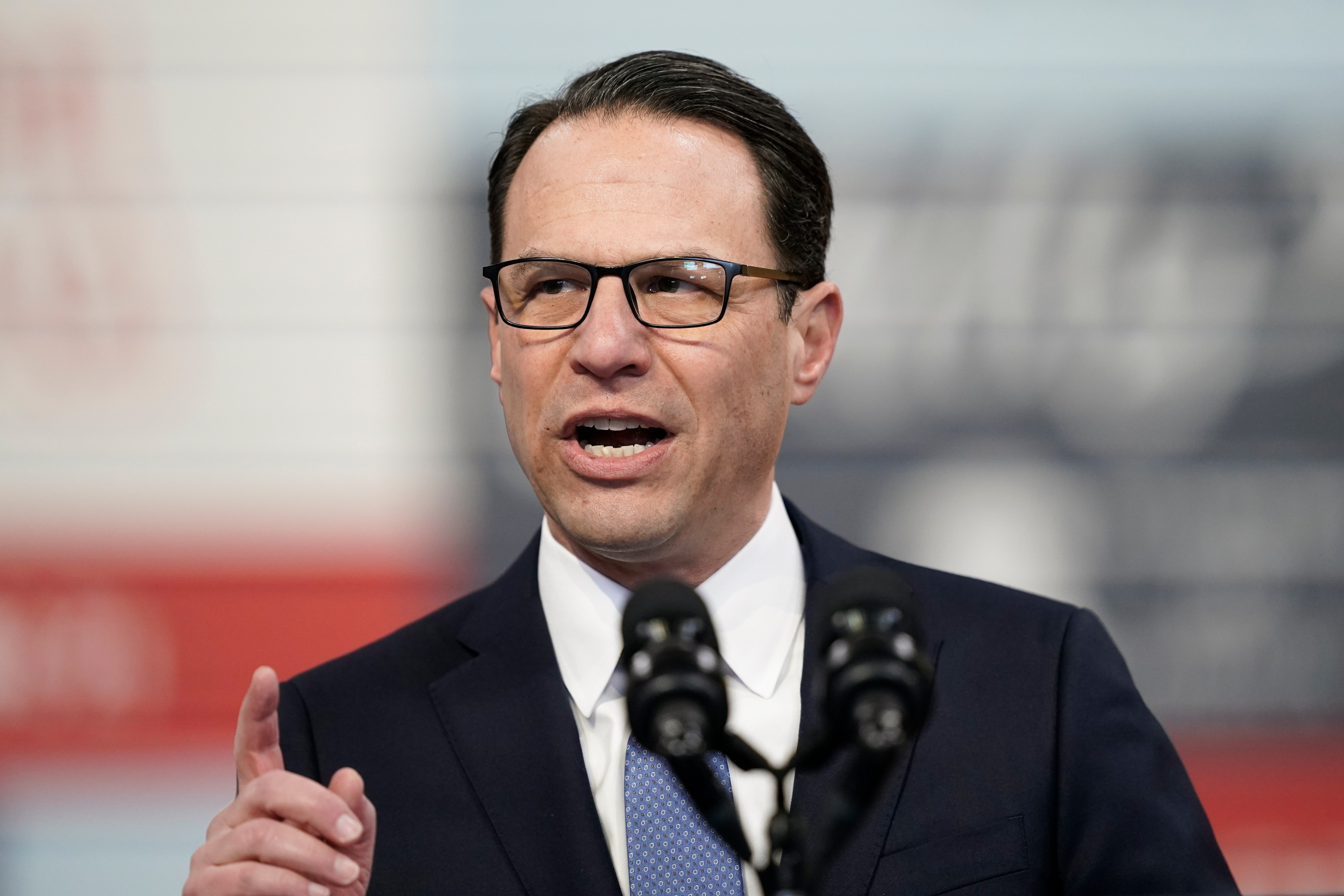WASHINGTON – The International Monetary Fund said on Monday the global economy is expected to slow this year as central banks continued to raise interest rates to tame inflation, but it also indicated that growth would be more resilient than previously expected and that a global recession would probably be avoided.
The IMF raised its economic growth forecasts for 2023 and 2024 in its closely watched World Economic Outlook report, citing resilient consumers and the reopening of the Chinese economy as reasons for a more optimistic outlook.
However, the fund warned that the fight against inflation is not over yet and urged central banks to resist the temptation to change course.
“Fighting inflation is starting to pay off, but central banks must continue their efforts,” said Pierre-Olivier Gourinchas, the IMF’s chief economist, in an essay accompanying the report.
Global production is expected to slow to 2.9 percent in 2023 from 3.4 percent last year, before recovering to 3.1 percent in 2024. Inflation is expected to fall from 8.8 percent in 2022 to 6.6 percent this year and then to 4.3 percent next year.
After a series of downgrades in recent years as the pandemic worsened and Russia’s war in Ukraine intensified, the IMF’s latest forecasts were rosier than those the fund released in October.
Since then, China has abruptly reversed its “zero Covid” lockdown policy to contain the pandemic and initiated a rapid reopening. The IMF also said that the energy crisis in Europe was less severe than initially feared and that the weakening US dollar was easing the burden on emerging markets.
The IMF previously forecast that a third of the global economy could be in recession this year. However, Mr Gourinchas said in a press conference ahead of the report’s release that far fewer countries now face a recession in 2023 and that the IMF is not forecasting a global recession.
“We see a much lower risk of recession, either globally or even considering the number of countries that may be in recession,” Gourinchas said.
Despite the more hopeful outlook, global growth remains weak by historical standards and the war in Ukraine continues to weigh on economic activity and create uncertainty. The report also warns that the global economy still faces significant risks, warning that “severe health consequences in China could stall recovery, Russia’s war in Ukraine could escalate and lower global financing costs could exacerbate the debt crisis.”
Growth in rich countries is expected to be particularly sluggish this year, with nine out of ten advanced economies projected to grow more slowly than in 2022.
The IMF forecasts that growth in the United States will slow to 1.4 percent this year from 2 percent in 2022. In the euro zone, growth is expected to slow by 3.5 percent to 0.7 percent. China is expected to close the gap by accelerating production from 3 percent in 2022 to 5.2 percent in 2023.
Russia is also helping to spur global growth, suggesting that efforts by Western nations to cripple Russia’s economy appear to be faltering. The IMF forecasts that Russian production will rise 0.3 percent this year and 2.1 percent next year, contradicting previous forecasts of a sharp contraction in 2023 amid a spate of Western sanctions.
A coordinated plan by the United States and Europe to limit the price of Russian oil exports to $60 a barrel is unlikely to cut its energy revenues significantly.
“At the current level of the Group of 7 oil price cap, Russian crude oil export volume is not expected to be materially impacted as Russian trade continues to be diverted from sanctioning to non-sanctioning countries,” the IMF said in the report.
One of the IMF’s most pressing concerns is the increasing trend towards “fragmentation”. The war in Ukraine and the global response have split nations into blocs and fueled pockets of geopolitical tension that threaten to impede economic progress.
“Fragmentation could worsen — with more restrictions on the movement of capital, workers and international payments across borders — and hamper multilateral cooperation in the delivery of global public goods,” the IMF said. “The costs of such fragmentation are particularly high in the short term, as disrupted cross-border flows take time to replace.”





